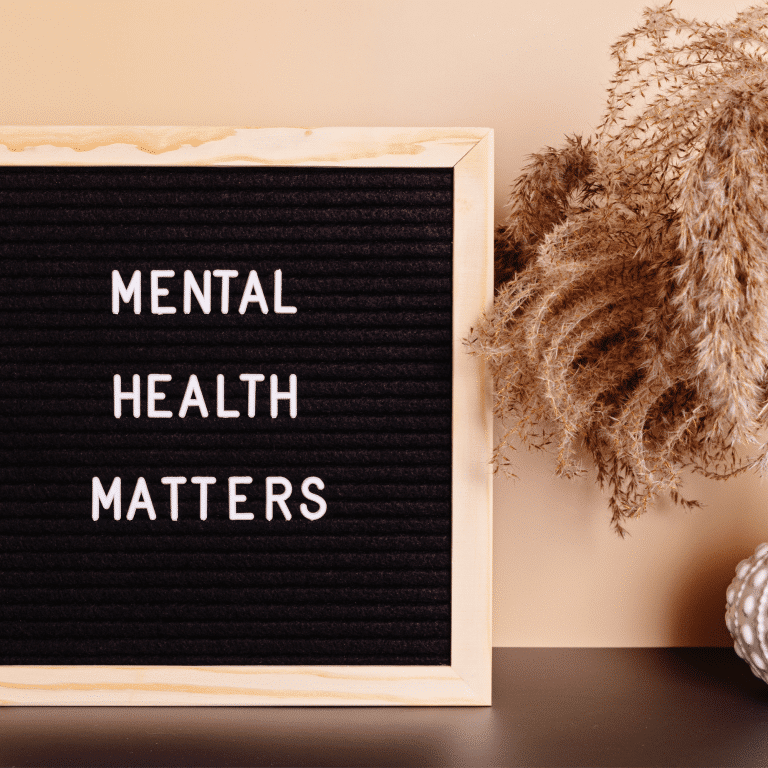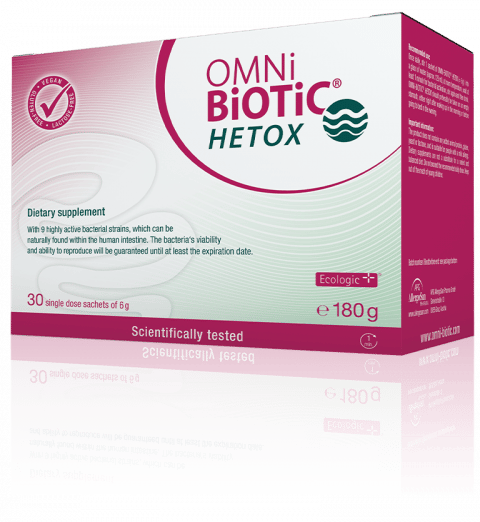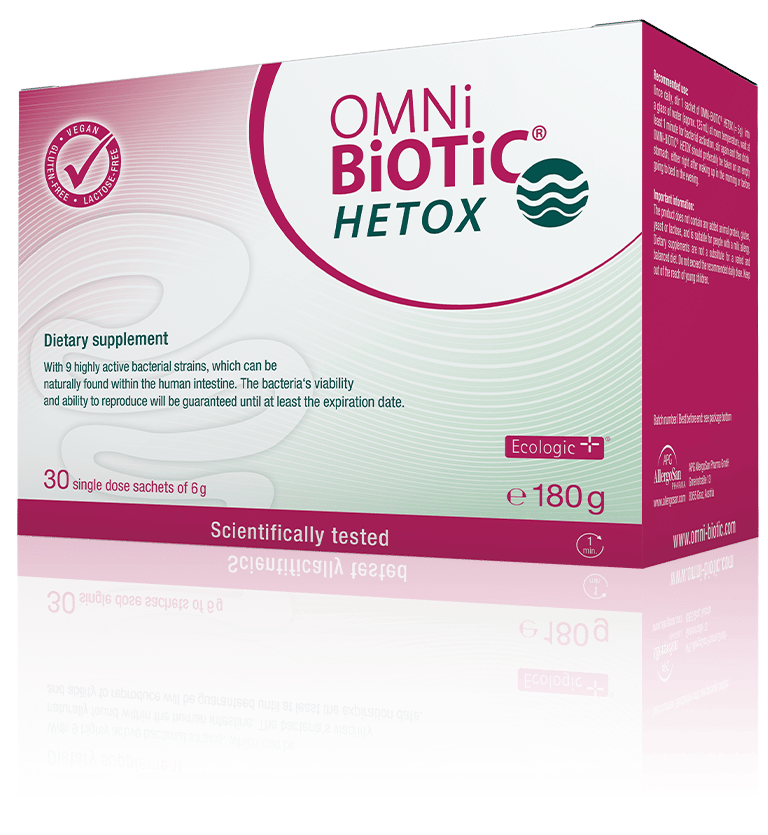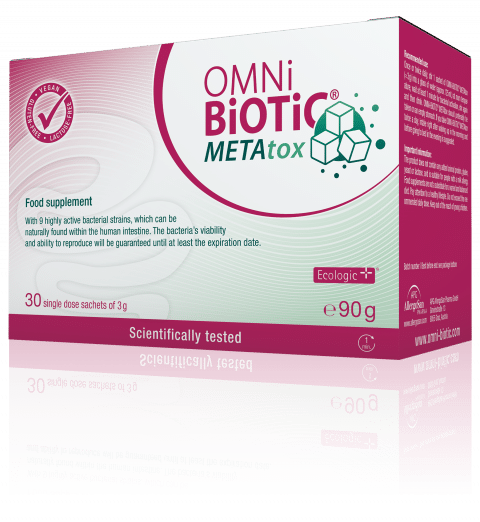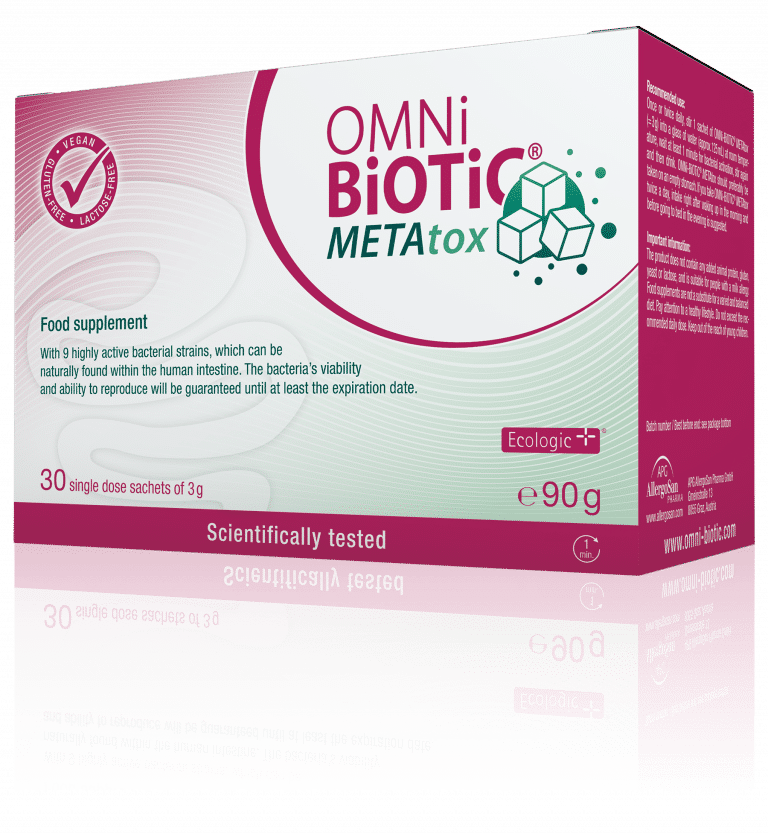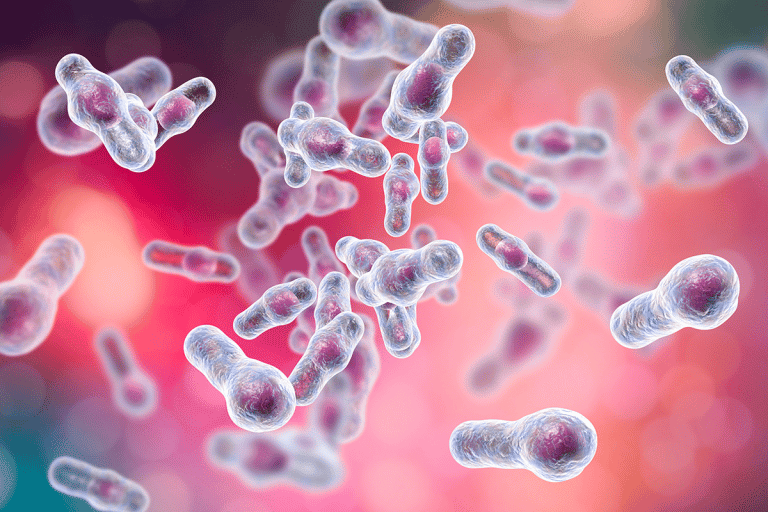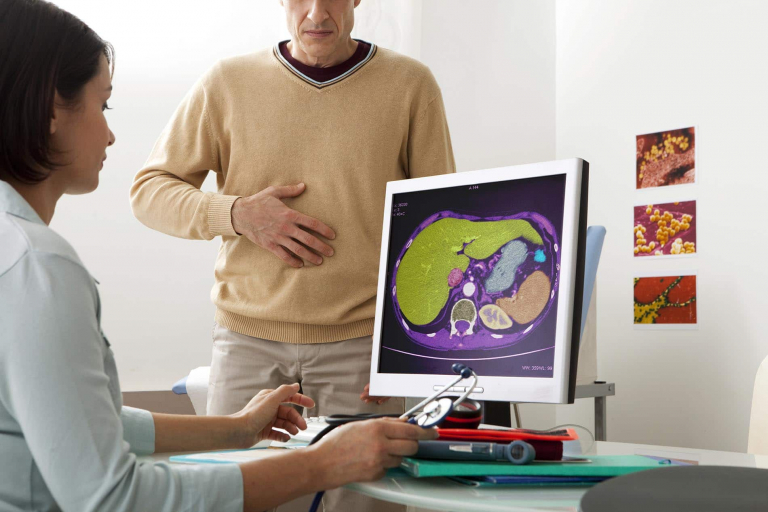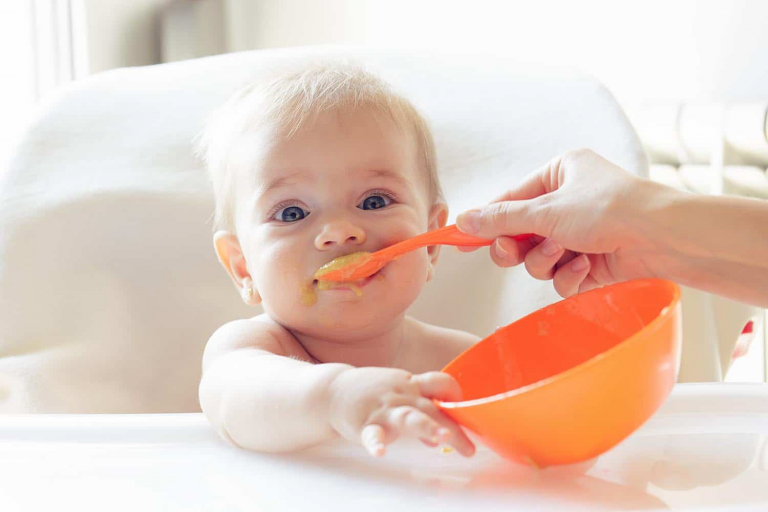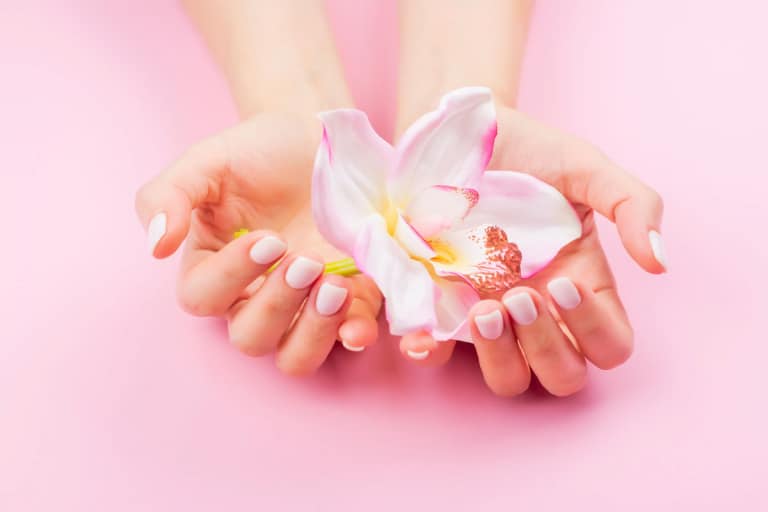Stress giving you stomach ache?
Autumn and Winter can be turbulent. The work-pace must be wound up by two notches because the year is quickly coming to an end. And just before Christmas, buying gifts and partying cause added stress. The stomach, intestines and liver have just „digested“ roasted goose and red wine, and already other Christmas treats and hot punch are on their way. Stress, combined with fat, sugar and alcohol, batters the (intestinal) immune system. The susceptibility to infections increases and the skin must battle against the cold as well as dry, heated air. Sound like the end of the world? Yes, just like in the Boulevard-magazines! But also no, because in the colder seasons you must take care of your intestines.
When the outside temperatures drop, bikinis make way for pullovers and the lush green of the landscapes transforms to gold, yellow, red and brown, Autumn is on its way. Wistfully, some glimpse back to warm summer days. Others are happy that the sun can’t relentlessly beat down anymore. All the fervour in Autumn is about the brilliant colours, but not just visually: the workplace has all the summer-sun-worshippers as well as the leaf-rustlers firmly in its grip. For children and adolescents, the school year has also just begun.
Stress doesn’t equal stress
Every incident at work or school floods the body with adrenaline and causes stress. Changes in responsibility at work, trouble with your superiors, school-begin or changing schools can cause the most strain. Even the time change at the end of October doesn’t go unnoticed. Winter – especially the time before Christmas – provides an array of added stress triggers. On their own, they may be insignificant, but when they add up, they can have a big impact. Buying presents in hectic shopping malls, frequent family visits, fights with relatives and sudden changes in eating habits can be a rollercoaster ride for the intestines and nerves. Being sick can also provoke particularly high levels of stress, even if it’s just a simple cold.
A heavy head leads to an upset stomach
 As long as work-, school-related and private stress don’t become permanent, everything is ok. A little bit of „action“ every now and again is good for the body and soul. This sort of stress, also known as eustress, challenges you in a positive way. For example, anticipating the birth of a child or the nervousness before a wedding. Separately, the body can’t adapt to negative stress, also known as distress. If the latter continues over a long period of time, it can lead to exhaustion, physical or mental problems, or aggravate an existing condition. Concentration and sleeping disorders, headaches and migraines, all the way to burnouts and depression as well as cardiovascular diseases are a few examples. Even gastrointestinal conditions such as constipation, diarrhoea, irritable colon, heartburn and gastritis are associated with stress. Vice versa, the brain can be affected by out-of-balance microbiomes or inflammation in the gut (the so-called gut-brain-barrier). According to animal studies, there may be a connection to emotional, neurological and immunological diseases. Previous studies reveal that a gut-friendly diet doesn’t just help with weight problems, but also prepares you for stressful times. In that case, roasted goose, drinking punch with friends, company parties and cookies aren’t welcome. With an overdose of sugary and high-fat foods as well as alcohol, the billions of helpful gut bacteria and even the liver are hard at work.
As long as work-, school-related and private stress don’t become permanent, everything is ok. A little bit of „action“ every now and again is good for the body and soul. This sort of stress, also known as eustress, challenges you in a positive way. For example, anticipating the birth of a child or the nervousness before a wedding. Separately, the body can’t adapt to negative stress, also known as distress. If the latter continues over a long period of time, it can lead to exhaustion, physical or mental problems, or aggravate an existing condition. Concentration and sleeping disorders, headaches and migraines, all the way to burnouts and depression as well as cardiovascular diseases are a few examples. Even gastrointestinal conditions such as constipation, diarrhoea, irritable colon, heartburn and gastritis are associated with stress. Vice versa, the brain can be affected by out-of-balance microbiomes or inflammation in the gut (the so-called gut-brain-barrier). According to animal studies, there may be a connection to emotional, neurological and immunological diseases. Previous studies reveal that a gut-friendly diet doesn’t just help with weight problems, but also prepares you for stressful times. In that case, roasted goose, drinking punch with friends, company parties and cookies aren’t welcome. With an overdose of sugary and high-fat foods as well as alcohol, the billions of helpful gut bacteria and even the liver are hard at work.
Intestines and sensitive skin
The liver, a metabolic organ, is in charge of important functions such as detoxification and clearance. If the gut and liver don’t function properly, neither vitamins, minerals and trace elements can be absorbed adequately nor harmful substances eliminated effectively. Harmful bacteria then have it easy, especially if „good“ gut bacteria were decimated due to treatment with antibiotics. Our skin then reacts with pimples, acne and even atopical eczema. On top of it all, in the cold winter months the outer skin and, most importantly, the mucosa cool and dry out due to the cold and lack of moisture. The results being chapped skin – an entrance for pathogenic bacteria, viruses and fungi as well as allergens (Caution: the latter also includes chemical ingredients in care products!). An imbalance among gut bacteria can be stabilized using probiotics and vital elements that rebuild the intestinal mucosa. Special skin care and cosmetics also strengthen sensitive skin.
Conclusion: taking care of your intestines, liver and skin is the most effective way of preventing ailments. The right mix of probiotics and vital elements can help with that. To avoid stress, you should try to take frequent breaks, reflect inwards and activate your circulation with exercise – preferably outside in the fresh air.
